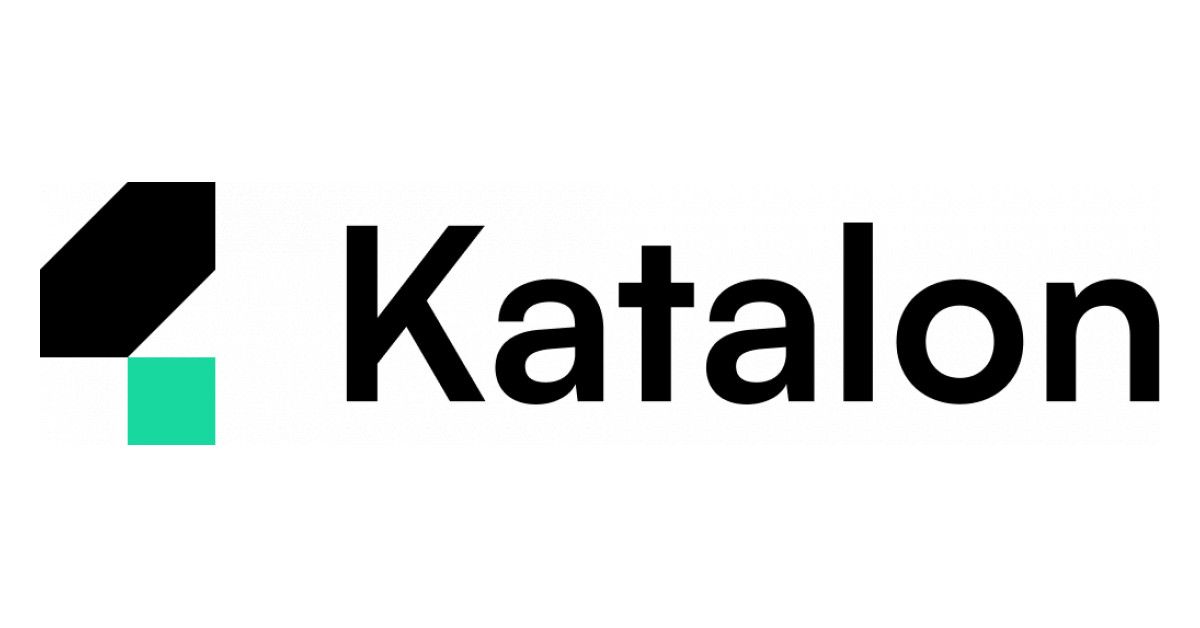Efficient and Seamless Mobile Test Automation with Katalon
Learn with AI

Mobile test automation has become a crucial aspect of software testing due to the increasing popularity of mobile devices. However, the lack of simple and focused toolsets has resulted in a gap in the availability of effective mobile test automation skills in the industry.
This blog discusses the benefits of using Katalon for mobile test automation, which offers a seamless transition with minimal interruptions, everything needed to get started in one platform, practical scalability and maintenance, and cloud-based test executions.
Introduction
Mobile devices are an integral part of our daily lives, and with the increasing number of mobile apps, the need for mobile test automation has also increased. However, most of the test automation today is focused on WebUI, and mobile test automation is considered a specialization within the test automation community.
Challenges in Mobile Test Automation
There are several challenges in mobile test automation, and the most common theme is the lack of simple and focused toolsets that can encourage the transitory adoption of mobile automation for WebUI automation testers. Mobile testing requires its own set of additional test scenarios, and it is perceived as a difficult skill to master.
Additionally, the use of Appium, the most popular tool for mobile test automation, requires a level of Software Engineering knowledge that may not be widely available. Testers need to spend a considerable amount of time and effort in setting up and configuring the Appium server and defining the mobile automation framework.
Anatomy of a Java-Appium homegrown solution

A Java based Appium test automation solution consists of several components that work together to provide a comprehensive solution for testing mobile applications.
These components include configuration management, test framework, page objects, page actions, test cases, test data, and reporting. When building your own solution, each of these components must be imported, configured, adopted and applied by the team. Remember, this is in addition to conducting any test automation!
Configuration Management
The configuration management component is responsible for managing the configuration of the test environment. It includes properties files, environment variables, and system properties. The configuration management helps to keep the test code flexible and easily configurable.
Test Framework
The test framework is responsible for providing the infrastructure to run the tests. It includes libraries such as Appium for mobile automation, TestNG or JUnit for test management, and Maven or Gradle for build and dependency management.
Page Objects
Page objects are Java classes that represent the various pages of the application. Each page object encapsulates the behavior of the page and provides methods that can be used to interact with the page. The page objects help to keep the test code modular and easy to maintain.
Page Actions
Page actions are Java classes that represent the various actions that can be performed on the pages of the application. Each page action encapsulates the logic to perform a specific action on a page. For example, clicking a button, entering text in a field, etc.
Test Cases
Test cases are the core of any test automation framework. They define the steps that need to be executed to verify the expected behavior of the application under test. Test cases are typically written in a human-readable format and can be easily maintained over time.
Test Data
Test data is the input that is provided to the test cases. It can be stored in various formats such as CSV, Excel, or JSON files. Test data is used to test the application with different input combinations and ensure that the application behaves correctly under various conditions.
Reporting
The reporting component provides a summary of the test execution results. It generates reports in various formats such as HTML, XML, or PDF. The reports help to identify the tests that have passed or failed and provide details on the root cause of any failures.
Benefits of Katalon for Mobile Test Automation

Katalon offers everything needed to get started in one platform, including dependencies and tools, without the technical know-how. Its approach is similar to web automation, with keywords, test data, folders, and integrations. Katalon allows testers to automate native, hybrid, or mobile web applications, making it a versatile tool for mobile test automation.
Katalon also offers practical scalability and maintenance, as the same scripts and object locators can be used across iOS and Android. Its visual testing feature allows for keyword-based AI without the hype, enabling testers to easily verify layout and content. Additionally, Katalon's cloud-based capabilities (TestOps, TestCloud) provide scheduling, executions, and reports, allowing testers to easily manage and execute their tests on a remote server.
In conclusion
Mobile test automation is crucial for ensuring the quality of software geared towards mobile devices. Katalon offers a seamless transition for testers with experience in web automation, everything needed to get started in one platform, practical scalability and maintenance, and cloud-based test executions. Its versatility and ease of use make it an efficient tool for mobile test automation, addressing the potential gap in the availability of effective mobile test automation skills in the industry.
|

